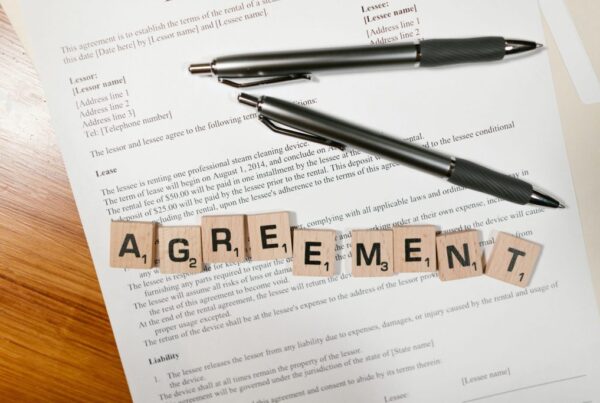This post originally appeared on SimonCRE Insights Blog and is republished with permission. Find out how to syndicate your content with theBrokerList.

Also, no two deals are the same. Unlocking value in commercial real estate requires discipline. Perhaps the one similarity though, is that the preliminary due diligence and underwriting are critical pieces to ensuring a positive ROI.
While not all-inclusive, here’s a useful list of the main items to cover during the due diligence of a commercial real estate acquisition to avoid costly errors.
DUE DILIGENCE
Preliminary Due Diligence
This beginning stage of the due diligence process may sound more minor, but it’s quite the opposite. Addressing the “low hanging fruit” in the early stages will ultimately lead to determining specific key performance metrics when the in-depth analyses are required.
Items:
- Most current title policy (with any related documents)
- ALTA and topographic surveys
- Any construction plans, including architectural, engineering, as-built, etc.
- Environmental Reports (Phase I and Phase II, if applicable) and any others
- Property Condition Report
- List of any personal property within the premises
- List of all permits, certificates of occupancy, warranties, government notices, special assessments, code violations and unexpired guaranties
- Any pending litigation impacting the property
- Real estate tax bills from the last 3 years, including special assessments or incentives
- Utility bills from the past two years
- Existing insurance policies (and any claims)
- CAM recommendations
- Capital expenditure expenses verification
Underwriting
This portion of the due diligence process involves an even more in-depth study about the prospective property. The timeframe for this study period, or feasibility determination, can typically be 30 days or more.
Items:
- Legal description
- Zoning Compliance Certificate
- Knowledge of any liens
- Encroachments
- Appraisals
- Covenants, conditions, restrictions, reservations and easements
- Tenant profile(s) with credit rating
- Tenant(s) lease(s) with any amendments and abstracts
- SNDA(s)
- Rent roll, including CAM, security deposits, and real estate taxes paid by tenant
- Site visit (critical)
- Tenant interview(s)
- Local municipality interviews
- Demographic research
- Immediate competitor analysis
- Comparable sale data
- Comparable lease data
- Cash flow analysis (typically evaluate on a 1,3,5, and 10 year hold scenario)
Refer to this guide as supplemental material to help you make the most informed decision on your next commercial real estate acquisition. For more information on the due diligence process and the other important stages of buying a commercial property, check out this blog post.
VIEW AVAILABLE PROPERTIES FOR SALE



